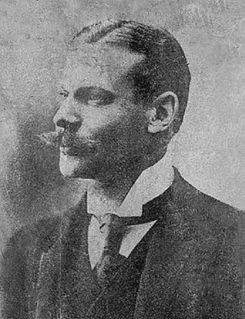A Quote by Napoleon Hill
If you must speak ill of another, do not speak it, write it in the sand near the water's edge.
Related Quotes
I write and speak about personal and spiritual growth. One week I write about illness and another week I speak about relationships and another week I write about work and money and another week I speak to people with obesity issues. I write about whatever wounds seem to cry out for more enlightened solutions, and the love that heals them all.
The tears of the world are a constant quantity. For each one who begins to weep somewhere else another stops. The same is true of the laugh. Let us not then speak ill of our generation, it is not any unhappier than its predecessors. Let us not speak well of it either. Let us not speak of it at all. It is true the population has increased.
A politician must often talk and act before he has thought and read. He may be very ill informed respecting a question: all his notions about it may be vague and inaccurate; but speak he must. And if he is a man of ability, of tact, and of intrepidity, he soon finds that, even under such circumstances, it is possible to speak successfully.
The recent statement of your executive committee are the sentiments of my own heart and I found myself in full accord when I read its opening lines: "A time comes when silence is betrayal." That time has come for us in relation to Vietnam. Some of us who have already begun to break the silence of the night have found that the calling to speak is often a vocation of agony, but we must speak. We must speak with all the humility that is appropriate to our limited vision, but we must speak.
































